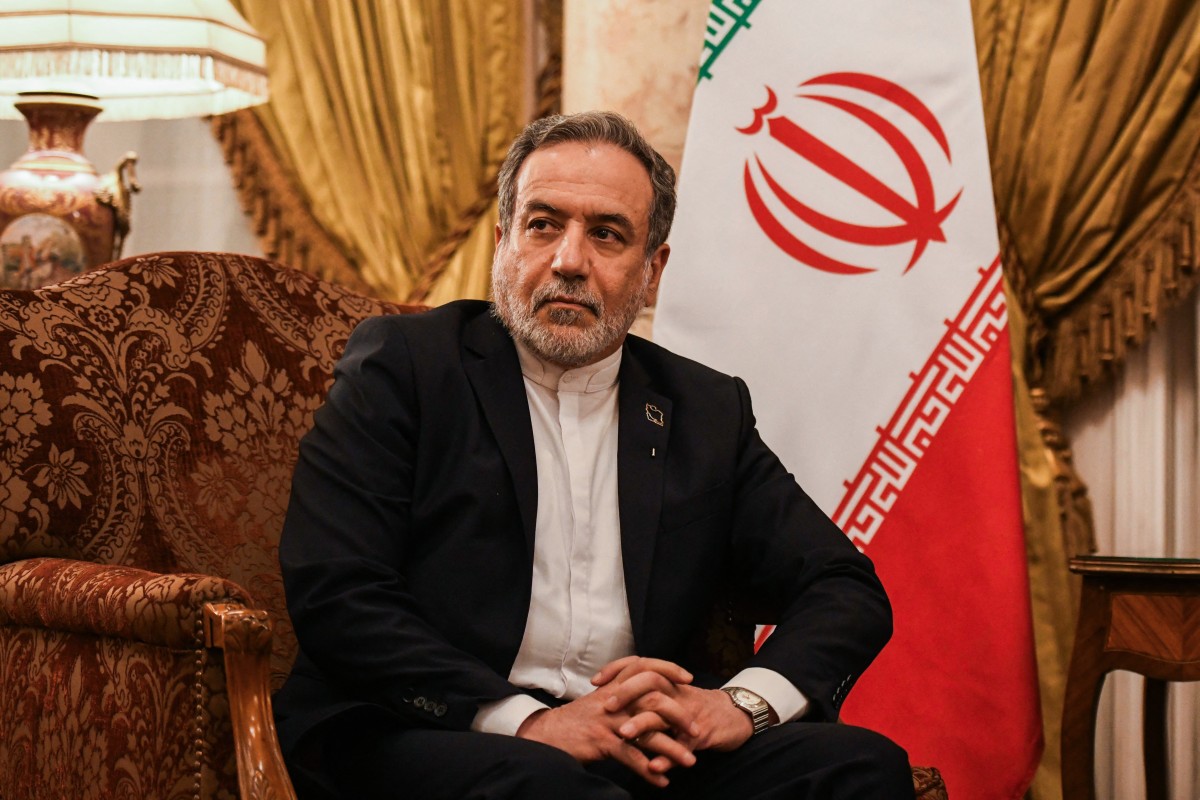Tehran, Iran – Iranian Foreign Minister Abbas Araghchi said Thursday that enriched nuclear material remained “under the rubble” of facilities damaged during the recent war with Israel.
The remarks came after Iran and the International Atomic Energy Agency (IAEA) agreed a new cooperation framework on Tuesday. Tehran had suspended ties with the agency following the 12-day war with Israel in June, which saw Israeli and US strikes on Iranian nuclear facilities.
Iran has accused the IAEA of failing to adequately condemn those strikes.
During the interview, Araghchi insisted that new the framework grants access to UN nuclear inspectors only after the approval of the Supreme National Security Council, Iran’s top security body.
He said the agreement distinguishes between nuclear facilities that were attacked during the war and others which were unharmed, such as the Bushehr reactor in the south.
Access to undamaged facilities will be “considered on a case by case basis by the Supreme National Security Council”, said Araghchi, adding that the situation for the targeted facilities was more “complicated”.
“For now no action is taken until Iran carries out the necessary measures related to environmental and safety concerns,” he said, referring to the hit sites.
“No inspections are currently on the agenda,” he added.
On Wednesday, IAEA chief Rafael Grossi said the agreement includes “all facilities and installations in Iran” and “provides for a clear understanding of the procedures for inspections”.
Grossi had said in late June that the location of Iran’s enriched material was unknown since the war with Israel.
The agency said in a recent report that Iran held an estimated 440.9 kilograms of uranium enriched to up to 60 percent as of June 13, when the conflict began.
Uranium enriched to up to 60 percent purity is close to the roughly 90 percent level needed for atomic weapons.
Western countries have accused Iran of seeking an atomic weapon — a charge Tehran has consistently denied, maintaining that its nuclear programme is peaceful.
In late August, Britain, France and Germany initiated steps to reimpose UN sanctions, lifted a decade ago under a moribund 2015 nuclear deal, citing Iran’s continued non-compliance with its commitments under the agreement.
They gave Iran a month to negotiate before sanctions come back into force.
Iran has labelled the move as “illegal”, and Araghchi repeated that if the sanctions return, the recent agreement with IAEA will “no longer be valid”.








